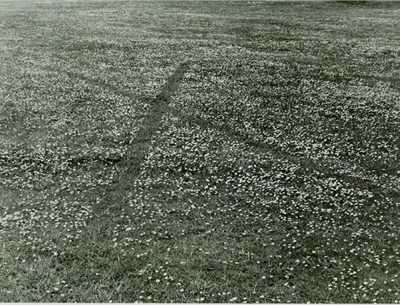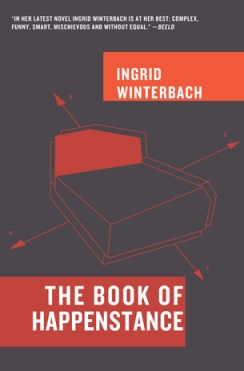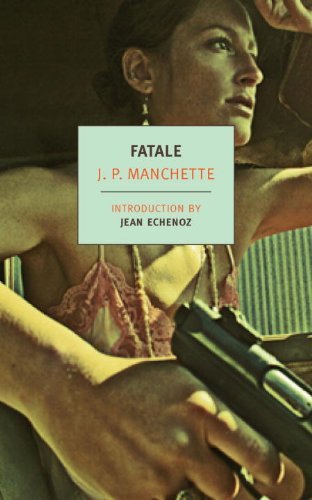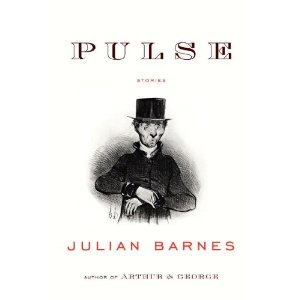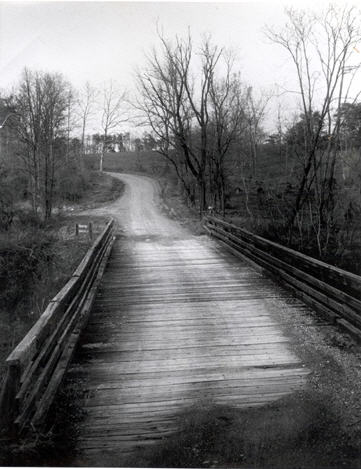A Walk to Remember to Remember
A cursory look at the canon of Western literature reveals author after author mining the drama of human locomotion while constantly imbuing the act with new meanings and significances, so much so in fact that the history of literature begins to look like a history of walking.
The Book of Happenstance – Ingrid Winterbach
If there is something both moving and reassuring about looking back to the classics, to those texts, paintings, and sculptures of beauty that both precede and will surpass our lives and at the same time speak to us at a human level, what then do we make of the shell?
Fatale – Jean-Patrick Manchette
The genius of Manchette’s reimagining of noir is that his political sympathies never weigh the text down, but rather subtly reveal the resonances and inclinations already inherent in the genre.
Barnes approaches big questions about human relationships and finds no simple answers, but in setting his parameters narrow, he is able to dig deep, forgoing the pyrotechnics of ardor and the convictions of youth for measured uncertainty and emotional ambivalence.
Two coming-of-age novels take us to the middle of nowhere.



